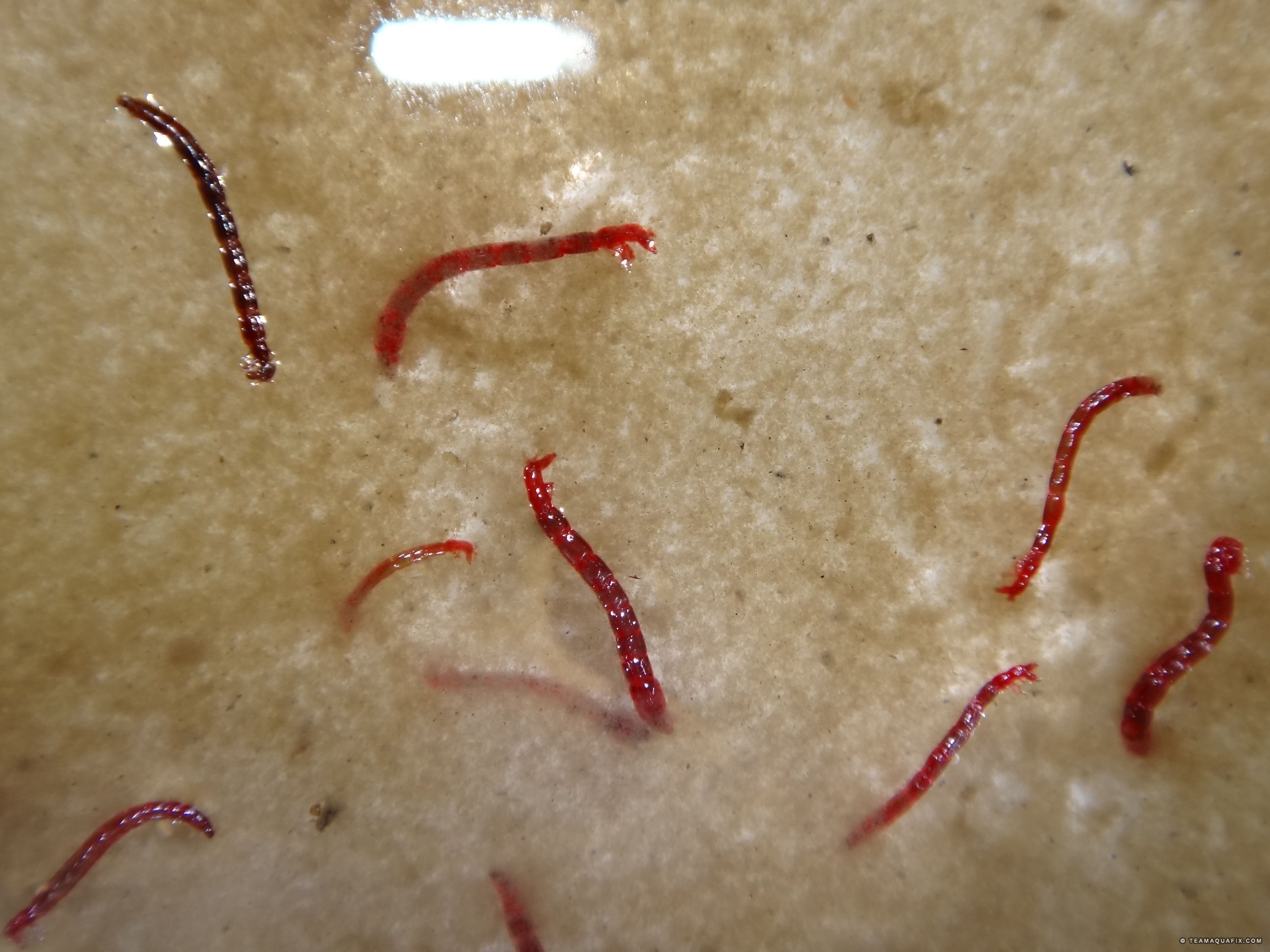Red Wigglers: The Secret to Eco-Friendly Composting
Red wigglers, scientifically known as Eisenia fetida, play a pivotal role in sustainable composting methods, supplying an all-natural remedy to squander management. red wigglers. These worms not only take in organic products yet also transform them into valuable vermicompost, improving dirt health and wellness and promoting eco-friendly equilibrium.
What Are Red Wigglers?
Although lots of people know with earthworms, red wigglers (Eisenia fetida) are a specific varieties that play a critical duty in composting. Native to Europe, they have adapted well to a variety of settings, specifically in disintegrating organic issue. Unlike typical garden worms, red wigglers flourish in abundant, wet atmospheres, making them suitable for composting systems.
Red wigglers possess a distinct gastrointestinal system that enables them to damage down natural waste successfully. Their sustainable nature makes red wigglers a useful asset in eco-friendly composting methods.
Advantages of Making Use Of Red Wigglers
Making use of red wigglers in composting systems uses many advantages that enhance both the effectiveness of waste disintegration and the high quality of the resulting garden compost. These earthworms, scientifically recognized as Eisenia fetida, are renowned for their remarkable capability to eat organic waste, transforming it right into nutrient-rich vermicompost at an impressive price. Their quick digestion procedure increases the breakdown of kitchen scraps and yard waste, considerably reducing the moment required for composting.
In addition to their effectiveness, red wigglers add to boosted dirt structure and fertility. The vermicast created by red wigglers is rich in crucial nutrients, beneficial microorganisms, and humic acids, every one of which enhance soil health and wellness and advertise plant growth. This nutrient-dense compost assists maintain wetness and enhances aeration in the dirt, fostering a flourishing ecological community for plants.
Moreover, using red wigglers for composting decreases landfill waste, adding to a much more lasting waste administration system. By diverting organic products from land fills, composting with red wigglers reduces greenhouse gas discharges, making it an environment-friendly option for ecologically aware individuals and communities. Overall, red wigglers offer an efficient and lasting option for composting.
Establishing Your Worm Container
Developing a worm bin is an uncomplicated procedure that needs careful consideration of products and conditions to make sure a flourishing environment for red wigglers. Begin by picking an ideal container, which can be a plastic bin or wooden box, with an ability of at the very least site link 10 gallons for efficient composting. Guarantee the container has ample air flow by piercing tiny holes in the lid and sides to permit air flow.
Next, prepare the bed linen, which is essential for maintaining dampness and supplying a habitat for the worms. Ideal materials consist of shredded paper, cardboard, coconut coir, or peat moss. Purpose for a bed linens depth of roughly 4-6 inches, guaranteeing it perspires but not excessively damp.
It is essential to preserve the appropriate temperature level for your worm container, ideally between 55 ° F and 77 ° F(13 ° C and 25 ° C) Placement the container in a shaded location to avoid getting too hot. Additionally, maintain the container away from straight sunshine and extreme climate condition to safeguard the worms.
Feeding Your Red Wigglers
Feeding your red wigglers is an essential facet of successful worm composting, as it straight impacts their wellness and the performance of your composting system - red wigglers. Red wigglers thrive on a healthy diet regimen consisting primarily of organic waste materials.

Preserving Your Worm Garden Compost System
A well-kept worm garden compost system is necessary for making best use of the efficiency and durability of your composting efforts. Routine surveillance of dampness degrees is critical, as red wigglers thrive in a moist setting, ideally around 70% moisture. If the bedding ends up being also completely dry, lightly haze it with water; on the other hand, if it comes to be excessively damp, include dry bed linen such as shredded newspaper or cardboard to absorb excess moisture.
Temperature control is likewise important. Guarantee your compost system is maintained in a shaded, ventilated location to protect against getting too hot.
Monitor the worm population and their activity; a prospering populace suggests a healthy setting. By following these upkeep methods, you can make certain an efficient and sustainable worm composting system that successfully recycles natural waste.

Conclusion
To conclude, red wigglers play an important duty in environment-friendly composting by effectively transforming natural waste right into useful vermicompost. Their capability to thrive in rotting materials not only aids in lowering garbage dump waste and greenhouse gas discharges but also improves soil health. By advertising wetness retention and aeration, these worms add dramatically to lasting gardening practices. Embracing the usage of red wigglers stands for a practical technique to enhancing ecological sustainability and promoting healthier communities.
Comments on “Efficient red wigglers: Enhance soil”